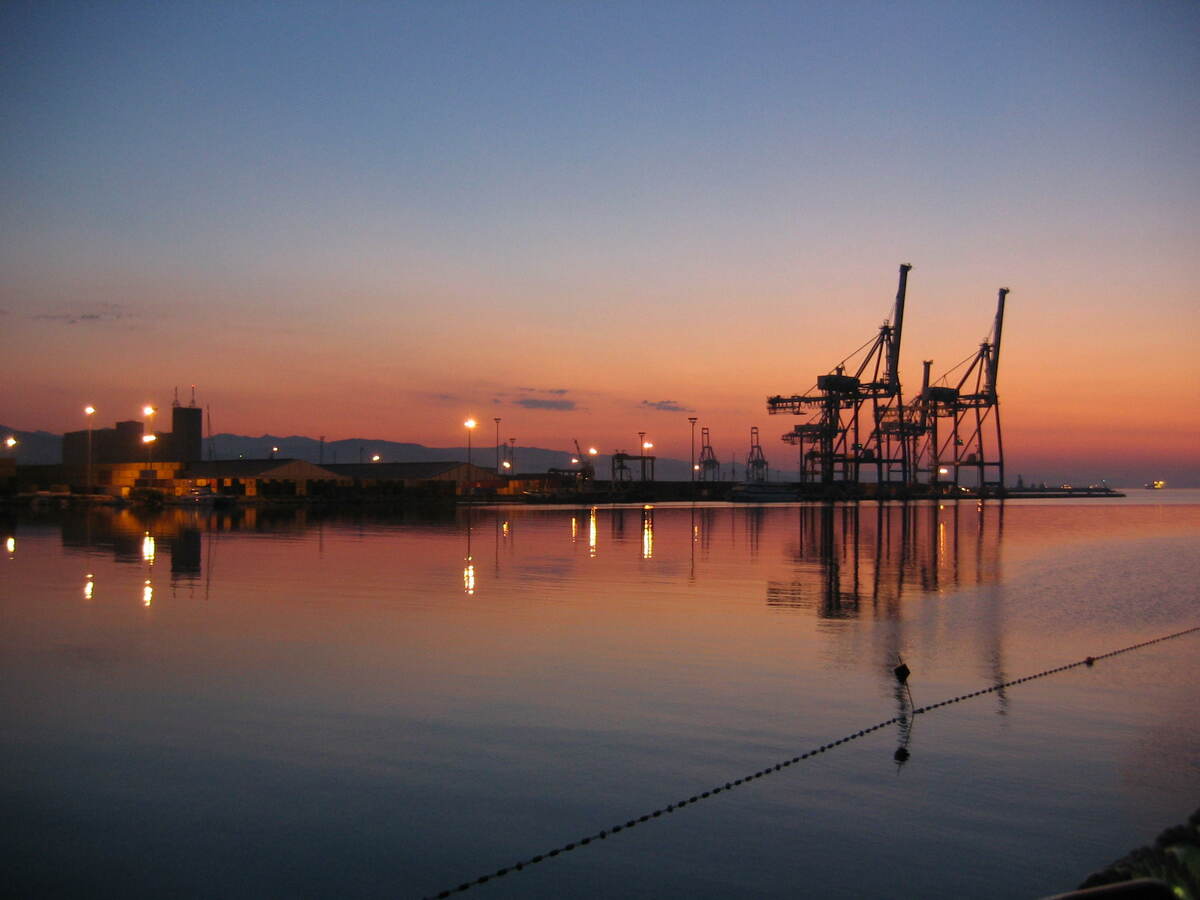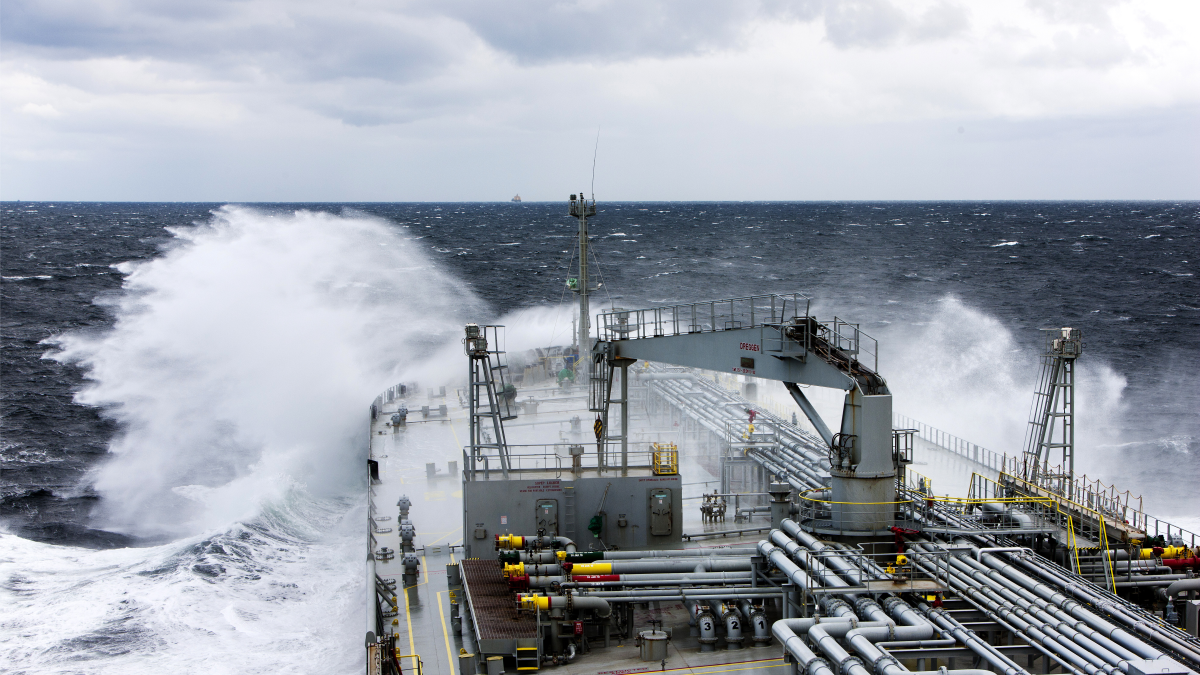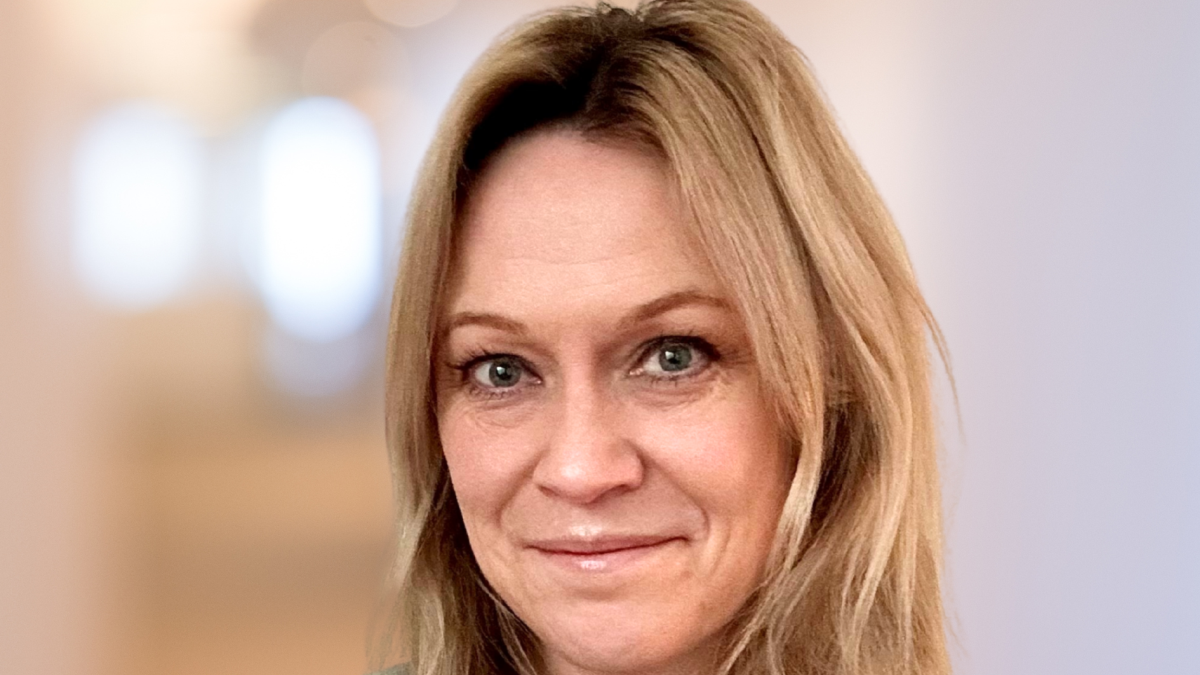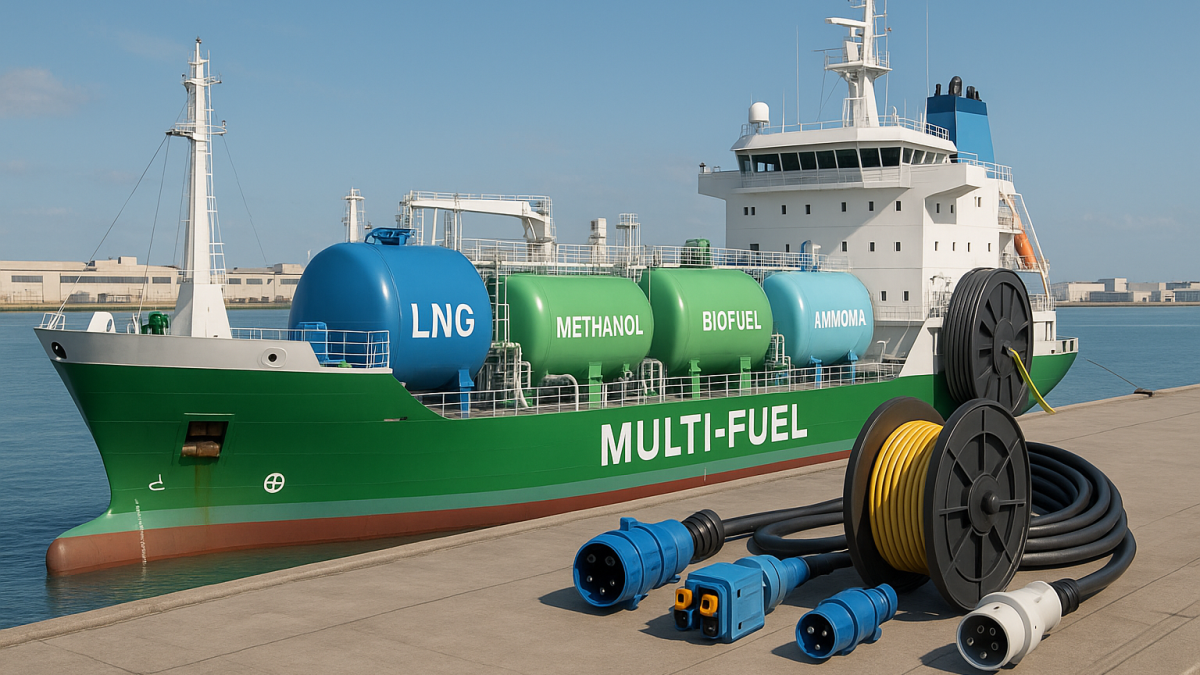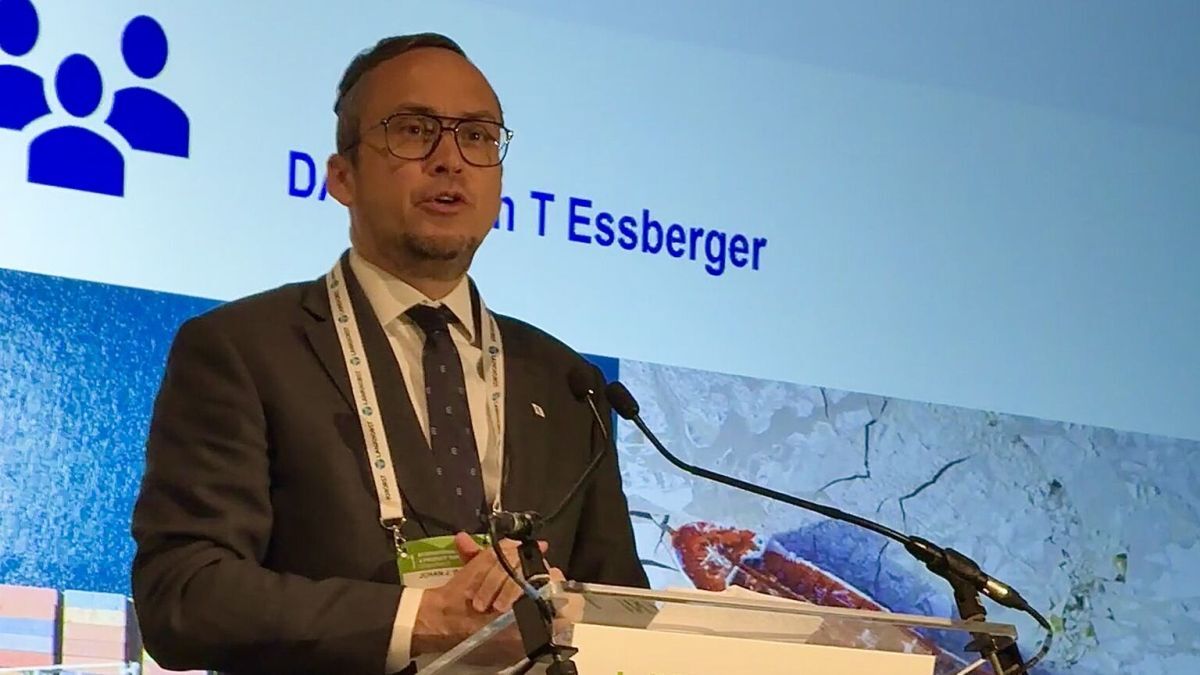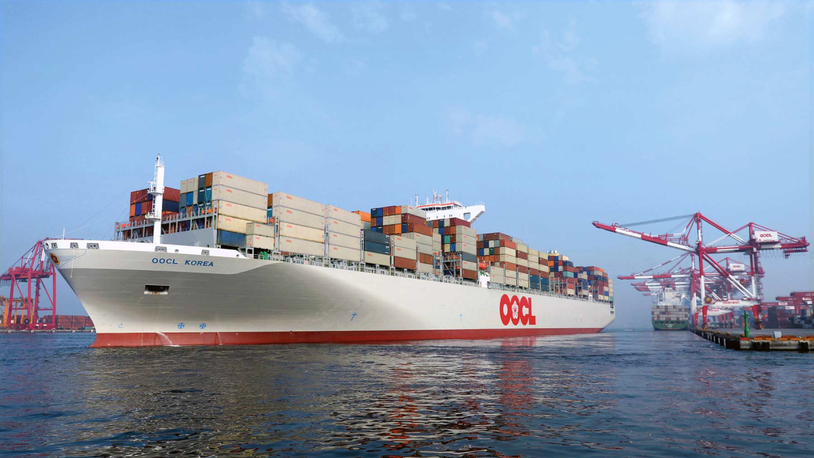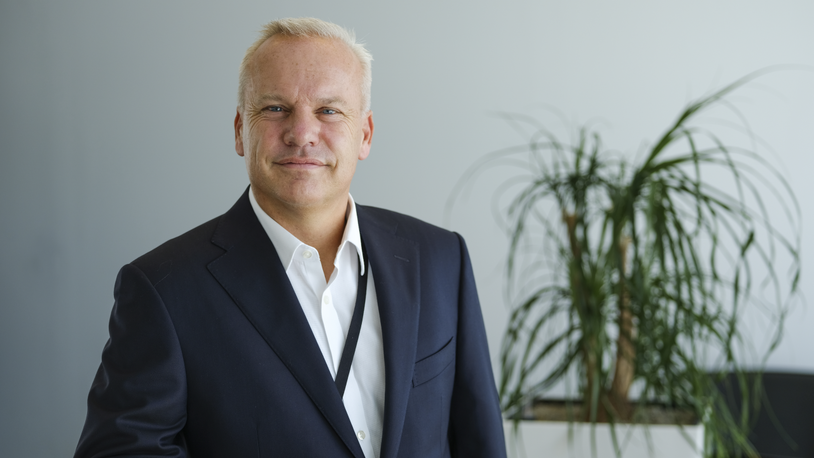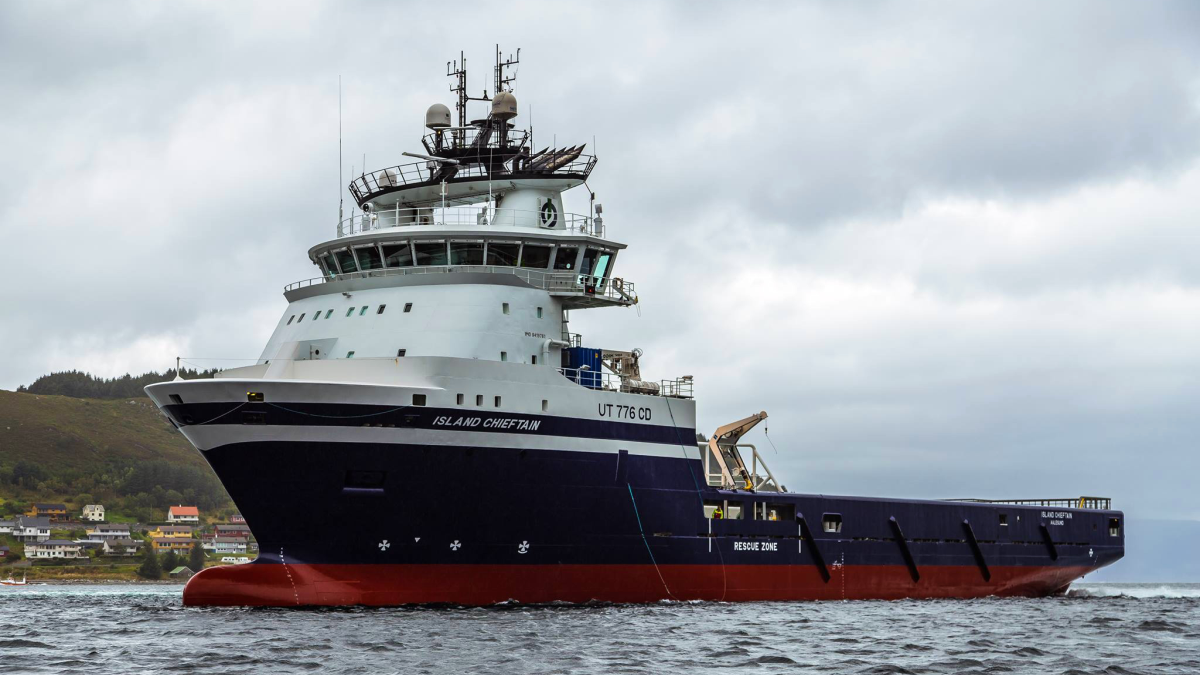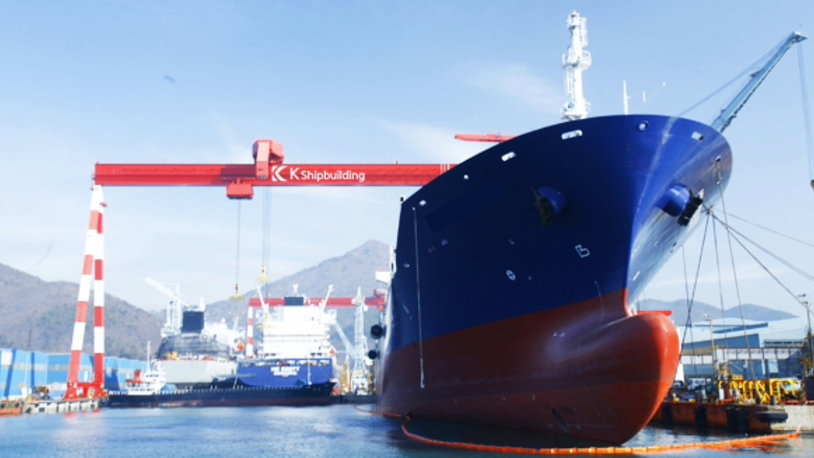Business Sectors
Events
Contents
Cyprus: a new era of government support and private innovation
The establishment of the deputy ministry of shipping 12 months ago was the start of a new era in local support for companies looking to register vessels under the Cyprus flag. Meanwhile, local companies have been at the forefront of innovation.
Cyprus’ first-ever deputy minister of shipping, Natasa Pilides, has had an immediate impact on the country’s maritime community.
The post was created in April 2018 and the initial work was setting up the new ministry and consulting the industry on its requirements. External consultants were used to produce the framework of stakeholder requirements. With this roadmap in place, Ms Pilides has developed the goals that need to be achieved, quickened the pace somewhat and completely altered how Cyprus is viewed as a place to do shipping business.
Cyprus has long had a reputation as a shipmanagement and technical management centre. The contribution of shipping and shipmanagement to the country’s economy is roughly seven percent of GDP. Cyprus is often referred to as the third largest shipmanagement hub globally, said Ms Pilides, but it also has a maritime hub of ancillary shipping services and products. These are the sectors that are receiving fresh attention, and cooperation with the private sector is key: “We are very happy with the cooperation we are receiving from the private sector,” said Ms Pilides.
The roadmap includes attracting more shipbroking shops, more shipping bankers and insurance companies and more shipping lawyers to the maritime cluster. The deputy minister said that there are more than 5,000 people employed in the maritime cluster across the 200 or so companies in the hub. There are also 55,000 seafarers employed on Cyprus-flagged ships.
Recruiting and training seafarers and shore-side shipping experts is the task of the country’s three maritime training academies. The Deputy Ministry of Shipping offers scholarships and financial support to students while they are at sea undertaking practical aspects of courses.
In terms of the future, the deputy minister has a clear idea of how to expand the flag. Cyprus has an EU-approved tonnage tax scheme and now offers 24-7 online ship registration, and seafarer qualifications. The deputy minister is keen to see Cyprus at the forefront of discussions at IMO level, and Ms Pilides recently signed a new agreement between the Republic of Cyprus and the “Recognised Organisations” (classification societies) that provide survey and certification services to ocean-going Cyprus-flagged ships. The twelve EU-recognised specialist organisations are as follows:
- American Bureau of Shipping (ABS)
- Bureau Veritas SA (BV)
- China Classification Society (CCS)
- Croatian Register of Shipping (CRS)
- DNV GL AS
- KR (Korean Register)
- Indian Register of Shipping (IRCLASS)
- Lloyd’s Register Group LTD (LR)
- Nippon Kaiji Kyokai (ClassNK)
- Polish Register of Shipping (PRS)
- RINA Services
- Russian Maritime Register of Shipping (RS)
The private sector has expanded with the takeover of the port of Limassol (now part of DP World’s portfolio) and the forthcoming privatisation of Larnaca port. Limassol port results and throughput are reported to have exceeded expectation. The deputy ministry is now tackling the long-standing plans for Larnaca port. At the time of writing, two Israeli companies are bidding for the project to develop the port and the adjacent marina, although this may be split from the project.
The nearby port of Vasiliko is also undergoing a radical shakeup. The growth in Cyprus’s oil and gas sector is one reason, but the port is also handling more tanker traffic at the clean-product oil-storage terminal and at the Electricity Authority of Cyprus’s oil terminal. The Electricity Authority of Cyprus intends to convert its power stations from oil to gas. Tenders for an LNG import facility opened in June 2019, but there is a rival plan from Energean to pipe Israeli gas into Cyprus. There are ambitions that this development could lead to Cyprus becoming an LNG exporter if offshore deepwater gas fields are developed in the eastern Mediterranean.
Back in Limassol, one development has been the creation of what is believed to be the first academic and practical crew-training ballast-water treatment (BWT) technology course in the world.
The course is taught at Flow Water Technologies’ facilities in Limassol and will use a version of the company’s low-frequency FlowSafe BWT system, modified to incorporate all current BWT methodologies including filters, UV and electro-chlorination.
According to Flow Water Technologies chief executive Mark Hadfield, the aim is to teach ship crew, testers and trainers correct methodologies for dealing with ballast water equipment in a safe environment.
“I want to give something back to the industry,” he said, adding: “This is a not-for-profit exercise.”
“Flow Water is based in the centre of the Limassol maritime hub and it makes sense for crew to train here using an adapted FlowSafe unit.”
The education side is run by six qualified Frederick University tutors and can handle up to 20 pupils at a time. The cost of the course is discounted for Flow Water users, but the adaptations to the FlowSafe unit means it can be used to train crew and inspectors on a wide range of treatment methods. The tie-up with Frederick University means that crew will be able to study in Limassol, rather than having to travel 90 minutes into Nicosia.
The impact of the ratification of the BWM convention is one of the subjects being discussed at the forthcoming Maritime Cyprus conference, which is organised by the Shipping Deputy Ministry.
One of the speakers is shipping data analyst and consultant Mark Williams. He will be on moderating a panel entitled “Are there brighter days ahead for shipping?”
Mr Williams told Tanker Shipping & Trade that ballast water management, Marpol annex VI and the Hong Kong Convention are just some of the subjects that will be discussed by the panel, which comprises Bimco president Sadan Kaptanoglu, Hafnia Tankers chief executive Mikael Skov, Stifel managing director Ben Nolan and Cyprus Chamber of Shipping president Philippos Philis.
The event will take place in early October 2019 in Limassol, which is also the headquarters of an innovative company, the Elvictor group.
The company has developed a unique set of algorithms and artificial intelligence software, which allows it to process hundreds of seafarer applications for positions a day. The systems match the client’s requirements, the ship and trading locations to the seafarer’s inputs, in a process that is completely transparent to the seafarer. The system even ensures they will not be placed on a tanker going to places that the seafarer has embargoed, such as passing through the Straits of Hormuz.
The company is led by chief executive Constantinos Galanakis, who told Tanker Shipping & Trade that the last 12 months the company has had a growth of 22%, mostly tankers, adding: “We are experiencing another 18% growth due to customers taking delivery of newbuilds.”
On the client side, the system has a cloud-based dashboard with complete transparency. The aim of Elvictor, according to Mr Galanakis, is to be part of the client’s HR department. Elvictor is handling around 350 vessels and sees itself as a medium-sized shipmanagement family-run company offering a bespoke service, and it can do this because the IT services it has developed since that have shrunk costs to those of the large volume ship management companies.
Related to this Story
Events
Maritime Environmental Protection Webinar Week
Cyber & Vessel Security Webinar Week
The illusion of safety: what we're getting wrong about crews, tech, and fatigue
Responsible Ship Recycling Forum 2025
© 2024 Riviera Maritime Media Ltd.



